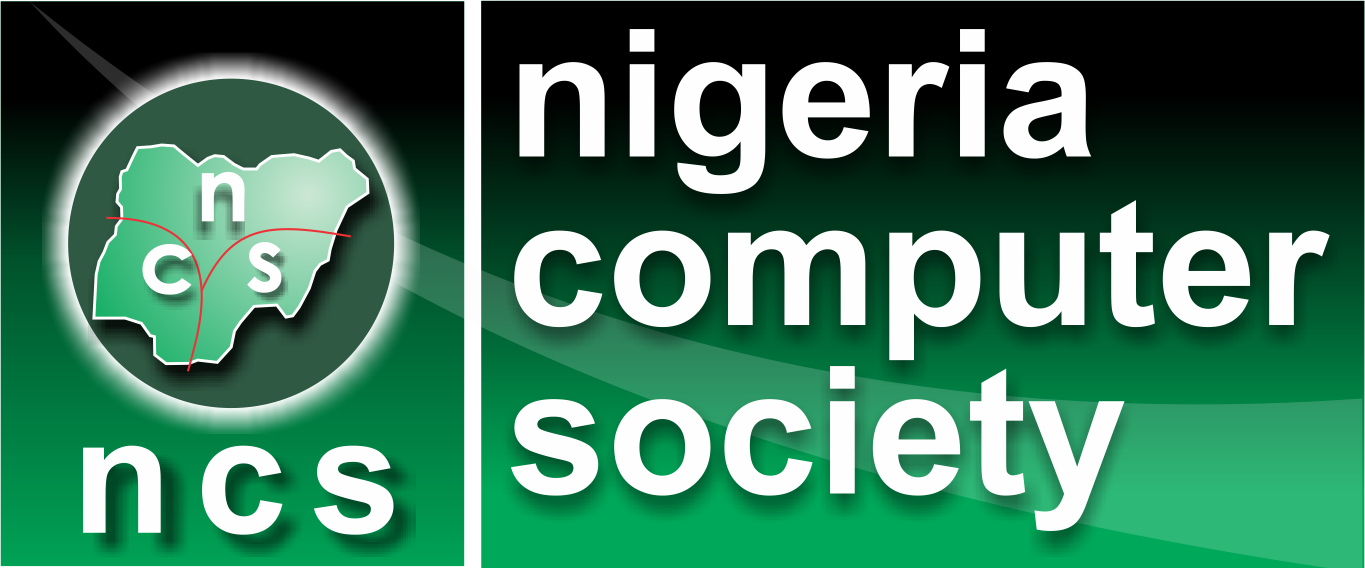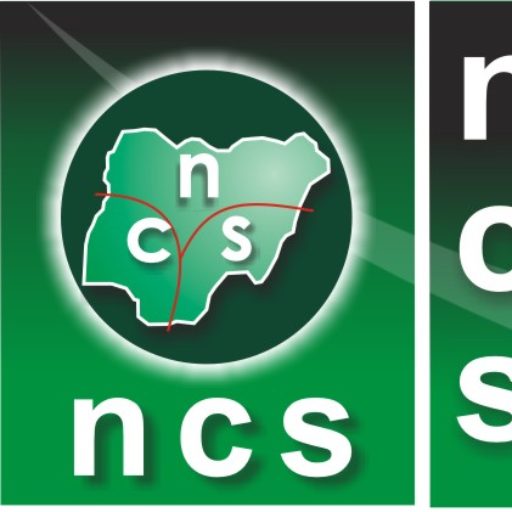Over the years, the Independent National Electoral Commission (INEC) has continued to improve on the use of technology to deliver elections in Nigeria.
One notable paradigm shift is recent move from Card Reader to Biometric Voter Accreditation System (BVAS) device as demonstrated in the most recent Edo governorship election in year 2020 and the subsequent Anambra States election in 2021.
Nevertheless, the Nigeria Computer Society (NCS) is of the view that the Commission must take urgent steps to consolidate on the gains made in the technological adoption for the process.
INEC BVAS
INEC BVAS -Biometric Voter Accreditation System used to capture voters during election
Speaking to TechEconomy.ng on the sidelines of ‘Adoption of Technology in Nigeria’s Electoral Process’, Professor Adesina Sodiya, President of the Nigeria Computer Society (NCS), described the BVAS as a huge improvement on the Card Reader system, adding that it will solve some of the problems associated with the Card Reader.
“With the BVAS the issues around accreditation of voters is being handled”.
He however said that the technology is still a work in progress following the backlashes INEC received over BVAS’s failures during one of the elections.
In his words, “It is not yet uhuru with our electoral process. Some of the elections are still marred by technological glitches like we saw in Anambra, even with the BVAS.
“The system was supposed to address the issues around card reader where those who could not be able to get accredited would still be able to vote. But BVAS didn’t allow that. You know during elections, there are various groups, both national and international, who are mobilized to monitor the process. What we are saying is that, it is important for periodic review of the technologies used for the elections.
“We discovered, recently, that INEC invited some organisations to brainstorm on the e-Voting system. When we saw the memo we wrote INEC, calling their attention to the need to involve IT stakeholders in the process. We are not asking for contracts; our major concern is to make contributions towards strengthening our electoral system”.
Prof Sodiya said that Nigeria has come of age to get its acts well when it comes to technology adoption in electoral processes.
The President of NCS further said, “So, we have been trying to engage with the leadership of INEC but it has not materalised. At a time, we told INEC our readiness to monitor and review the adoption of technology during elections. We are not interested in collecting money; we are only interested to see the process succeed. INEC in recent times have had to reschedule elections due to one reason or the other and most times, technology they use contributes to the inconclusive elections.
“We can’t tell if there are vested interests that do not want professionals to work with INEC on this because we believe that the present leadership in INEC would want to leave positive footprints behind.
He said that the Society will not relent in the efforts to entrench credible electoral process in Nigeria through the adoption of adequate technologies.
e-Voting
The Federal Government of Nigeria cum the Independent National Electoral Commission (INEC) has put one foot to building system for e-voting.
After much debates, over Electoral Act Amendment Bill and the propriety and workability of electronic transmission of result, both the Senate and the House of Representatives, approved for the adoption of electronic transmission of election results, ‘where applicable’.
There are fears in some quarters that card-reader failures, network glitches during results transmission, hacking, among other factors may mar the electoral process.
Well, Prof Sodiya emphasized that INEC cannot do it alone.. According to him, different bodies are already leveraging e-voting platforms for their elections.
This, he said, can be redesigned for wider national adoption.
“The e-voting system we are using in CPN has features that can assist any organization to have free and fair voting process. It has auditing features, among others. As a body we have been propagating for e-voting in Nigeria. We have written INEC on this.
“E-voting is a sensitive platform, but it will work perfectly if we want it to work. The effectiveness depends on the managers; we will continue to preach e-voting in Nigeria.
“At a point we received information that INEC met with vendors for possible supplying of e-voting machines, we frowned at that because you can’t start deploying such technology without sampling the opinion of stakeholders. NCS wasn’t invited. We have to get it right from the foundational level”, he said.
The NCS President added that e-voting is more technical inclined than the politics itself hence it is completely a professional issue. “You have to be concerned with the privacy issue, the security; you have to be sure people are not coerced to vote. There are so many things to check in e-voting system.
“One of the major benefits of e-voting is that we would have eliminated the physical challenges of elections like bandits attacking polling units. People will be able to vote from the comfort of their homes…
…But is Nigeria ripe for e-voting?
Prof. Sodiya speaks: “If we adopt e-voting we are not going to spend as much as we spending on card-readers or BVAS. Just set up the central database, all voting will be harvested there real-time. Even if you need to create centers where people can go physically to vote, there will be minimum number for those centers.
“E-voting is the way to go in solving some of our electoral challenges. People keep making reference to infrastructural challenges, but the platform does not require so much to set up.
“It is not something we can be afraid of. If we can adopt and implement e-payments with transactions running into trillions of Naira, why can’t we implement e-voting successfully? There is need to engage professionals and stakeholders to achieve that target”, he said.




